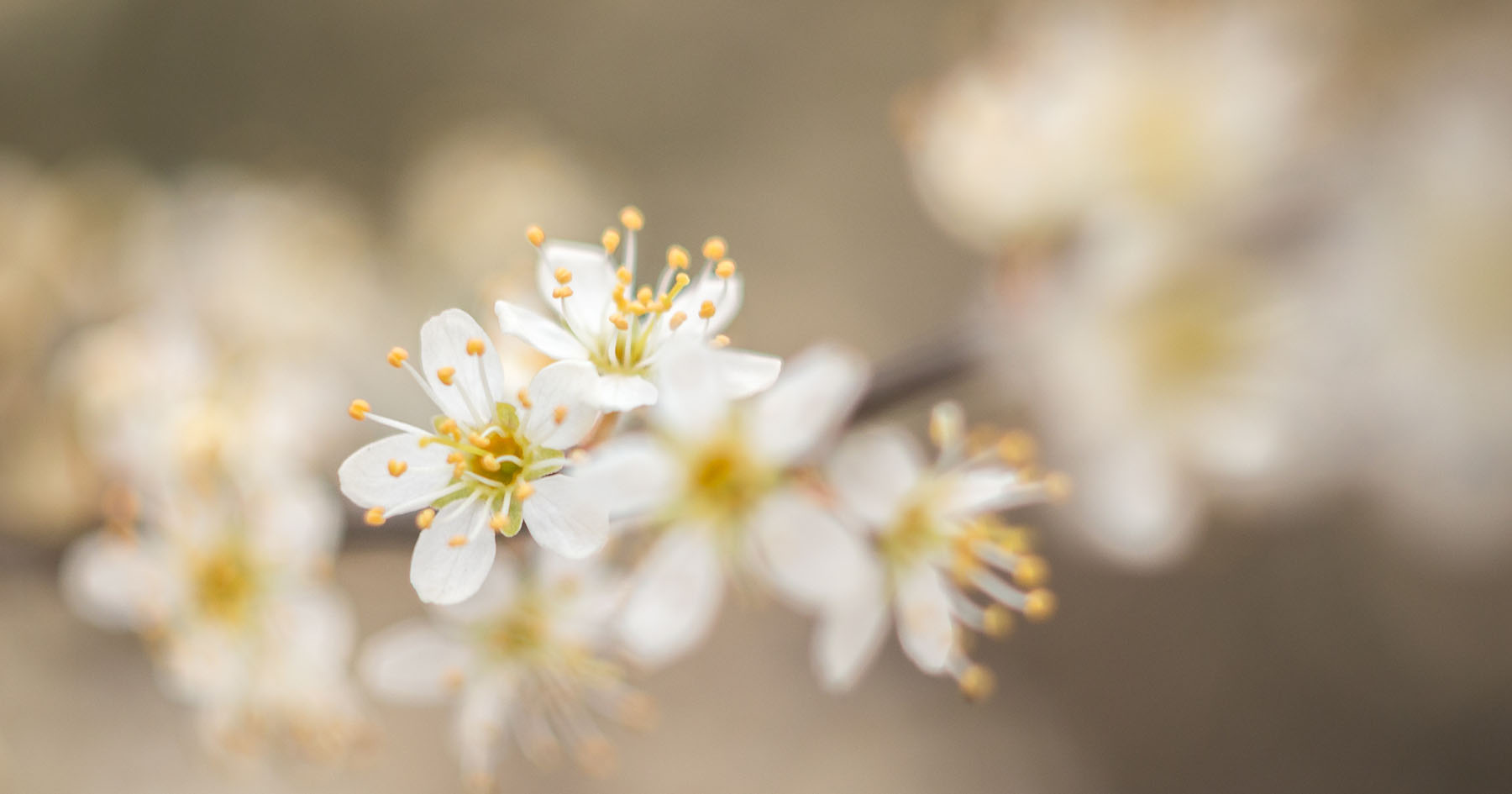Holy Mystery, Poet of the World, empower us to know and praise you rightly. Teach us once more that you are not just the True, the Good, but also the Beautiful. Inspire our minds, hearts and bodies with a vision of your nature. Heal our imaginations so that we can envision a world otherwise than it is. Tutor our desires so that we long for a world rooted in truth and grounded in justice. We pray also that we are not so wedded to the work of repairing the world that we miss your grandeur and glory even now resplendent in all your creation. In your many names we pray. Amen!
I offered this prayer recently for a service at Union Theological Seminary in New York, aka my office. Here, I offer a brief meditation on the prayer itself.
First, some context and the setting. I was told that my prayer had to be inclusive for a diverse audience who were not exclusively Christian. The theme for the service held for Union’s Alumni reunion was Theology and the Arts. Artwork by Union alumni were displayed on the walls of James Chapel.
My prayer, in keeping with the theme, is meant to recall to all present the three classical names given by Christian and pre-Christian Platonic traditions to God: the True, the Good and the Beautiful. Of these three classical descriptors, two remain in widespread circulation, both inside and outside the church: the True and the Good.
Even among these two names, the Good prevails decidedly and often stands alone. God is invoked as the guarantor and ground of the ethical. We look to God to inspire and guide right action that aims toward justice. This is certainly true for many Anglican contexts, particularly left leaning ones, and it is certainly true at Union Theological Seminary, long known for its connections to Black and feminist liberation theology through the work of James Cone and Delores Williams. A fierce commitment to the quest for justice and reading Christian traditions from the standpoint of the least of these is integral to our modus operandi. So, God’s character as the Good thrives here and certainly in the Diocese of Islands and Inlets.
However, God’s character as the True and especially as the Beautiful has faded from view. To give a history of how this decline has come to be would require a great deal more space and time than I have here. Suffice it to say that the entirety of modern Western thought, since the work of the Enlightenment philosopher, Immanuel Kant, has become suspicious about whether human beings can know God. That philosophical agnosticism has put a dent in our capacity to know God as Truth. In fact, in our post-truth moment, there is pervasive and not-unrelated skepticism about any kind of truth whatsoever, whether divine or earthly.
But Beauty by far has suffered the worst fate. Why? I am afraid that theologians — with notable exceptions among Catholics (Hans Urs von Balthasar for example) — have been so inattentive to Beauty that we are unable to give a comprehensive and convincing account of how we’ve lost track of this divine name in the first place. The consequences are devastating, likely far more so than we can appreciate.
One reason for our inattentiveness to God as the Beautiful is precisely our profound and justifiable passion for the Good. To be focused — as every Christian ought to be — on the coming Kingdom of God is to have a decided focus on what ought to be. But we learn to recognize Beauty right here, right now, in what is. I fear that our commitment to tikkun olam, (mending the world) might lead us to miss all that in this very moment stands in no need for repair but only open-hearted appreciation. What happens to the soul that forgets how to sigh when taken aback by Beauty because it is so consumed with the necessary work of world repair?
The visual artist, the musician and the poet also work with the imagination and so seek to bring into being what is not yet. But those well attuned to Beauty are less likely to miss what is even now beautiful in the midst of the world’s brokenness: the exquisite radiance of spring blossoms, the happenstance symmetry of the pen as it sits poised next to the notebook, or the exquisite artisanal woodwork there in the end table.
Beauty is food for the soul. Beauty is the open door to gratitude and wonder. Beauty is the gateway to the recognition that God is not only coming to us from a yet unborn future but is already here resplendent in this present moment. Forgetting Beauty is the shortest road to atheism. A life without wonder and gratitude will make the heart craven and lead it to grasp after Beauty’s shiny and more obvious substitutes: the glamorous, the outlandish and the garish.
Hence, our need to pray that God will help us to see the radiance of Beauty in the world even as it is: in a stranger’s passing face, in spring rain draining its way downhill to the gutter carrying in its wake fallen blossoms, and even in our own aging faces who have long ago lost the bloom of youth.
Holy Mystery, teach us once more to see your Beauty in all things! Amen.




